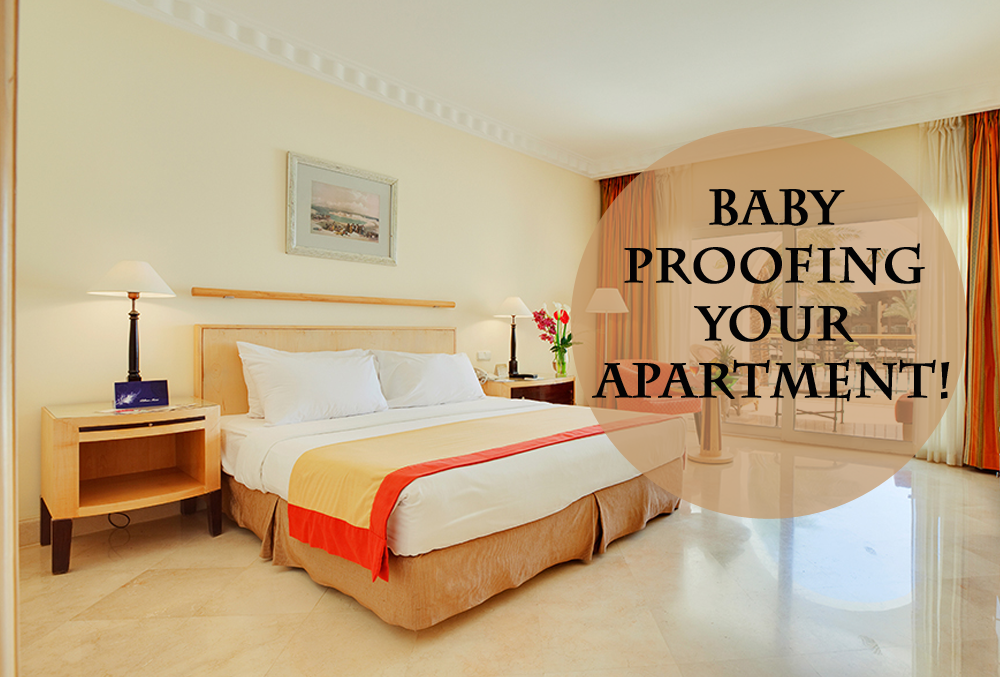


The National Safety Council recommended using door knob covers to prevent this problem before it even starts.

And then it’s harder to keep them out of places they shouldn’t go.
#Babyproof office how to#
There will come a day when your toddler learns how to open a door using the door knob. The CPSC tells TODAY Parents that nearly 90 children drown inside American homes each year, making it important to keep bathroom doors locked and toilet covers secured with child-proof locks. Wellard says babies and toddlers are also drawn to playing in the toilet and to opening bathroom cabinets, which are often filled with harmful cleaners and medications. "Kids can drown in small amounts of water - even just a few inches." "The bathroom is a huge area where injury can occur," warns Wellard. Keep bathrooms locked or secured at all times It's something easy that people just don't think of."Īccording to the Consumer Product Safety Commission, the majority of injuries and deaths from tap-water scalds involve the elderly and children under the age of 5.īoth the CPSC and Wellard caution parents to remember that they should always be present with their children in the bathroom, as leaving your child unsupervised for any period of time could result in serious injury. We saw so many burns in the emergency room caused by kids playing in bathrooms, but if the thermostat is set to less than 120 degrees, they can't do that. "They get into the bathroom, turn on the hot water, and scald themselves. "Around 15 months, kids become fascinated with playing with knobs and turning things," says Wellard. To keep curious babies safe, Wellard suggests making sure that your hot-water heater is set to less than 120 degrees. Be familiar with the settings on your hot-water heater Wellard, a mom of three who worked in a pediatric emergency room prior to entering private practice, and Sheehan shared their top tips for new parents baby-proofing their homes. Meghann Wellard, a pediatric nurse practitioner in Maryland, told TODAY Parents, “You can obviously go overboard, but some of it is just common sense.” "Plus, they’re so fast that if you turn for a second, they can get into something they shouldn’t.” “Having a safe space for kids to be means you’re not always having to say 'no,'” Sheehan told TODAY Parents. Karen Sheehan, Professor of Pediatrics and Preventative Medicine at Northwestern University Feinberg School of Medicine, recommended getting the things that could pose a risk (like fireplace tools, for instance) out of the room entirely. How to baby-proof your houseĮxperts told TODAY Parents that baby-proofing is more about following your intuition, and less about the latest safety product being marketed.ĭr. The answer is yes, a home should be baby-proofed ahead of a little one's arrival. Expectant parents might look around their house and feel completely overwhelmed at the changes that should be made to keep a baby safe.įirst time parents might even wonder - do I really have to baby-proof my home?


 0 kommentar(er)
0 kommentar(er)
